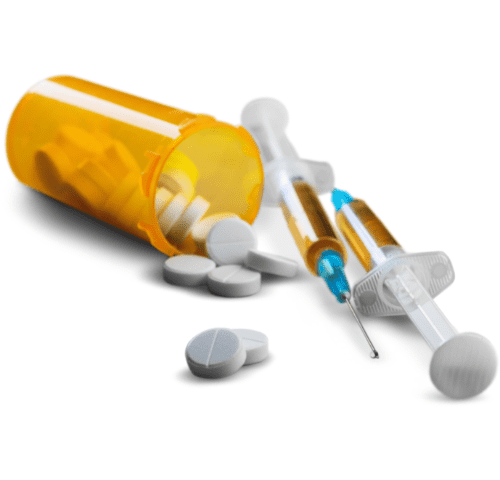Governor Kathy Hochul updated New Yorkers Monday regarding ongoing efforts to address the opioid epidemic. In response to the newly released information from the U.S. Centers for Disease Control and Prevention indicating that more than 107,000 Americans died of overdoses last year, the G overnor is reinforcing ongoing investments and her continued commitment to addressing this critical issue.
“The figures released by the CDC are staggering, showing precious lives continue to be taken by the opioid epidemic, devastating families and communities across New York State and beyond,” Governor Hochul said. “Make no mistake: my Administration will fight every day to provide New Yorkers with further access to life-saving resources, services, and care. We will do everything we can to empower New Yorkers with the information they need to protect themselves and their loved ones from this public health crisis.”
One of the Governor’s first actions upon taking office was appointing a new Commissioner of the Office of Addiction Services and Supports (OASAS). Since her
appointment, Dr. Chinazo Cunningham, a physician and expert in treating substance use disorder, has been working to expand and enhance the State’s addiction services system.
Commissioner of the Office of Addiction Services and Supports Dr. Chinazo Cunningham said, “I am proud to have been appointed by Governor Hochul to help implement an agenda of ensuring a comprehensive system of prevention, treatment, recovery, and harm reduction in New York State. Ensuring equitable
access to these critical services is essential to helping us save more lives and support more families.”
To provide OASAS and the State Department of Health the support they need to carry out this important work, the Governor’s first State Budget included historic investments to support the workforce and provider system and ensure equitable access to life-saving services across the State. Specifically, this year’s Budget is helping to expand access to medication through mobile methadone services, which includes adding vehicles and telehealth equipment, and developing harm-reduction services and evidence-based community interventions to engage more individuals in services.
The State is also in the second year of the second round of State Opioid Response Grants. A total of $56 million has been made available to expand evidence-based prevention services in high-need communities; provide street outreach services to engage those not currently in treatment; support Health Hubs
to provide access to an array of primary and behavioral health services; develop public awareness campaigns; and fund Recovery Community
Outreach Centers to support individuals in their efforts to live a healthy lifestyle. (Submitted)


